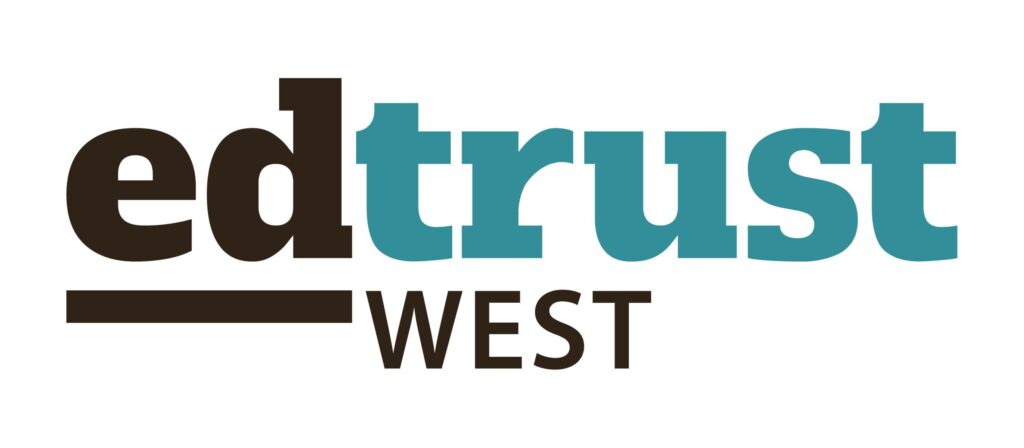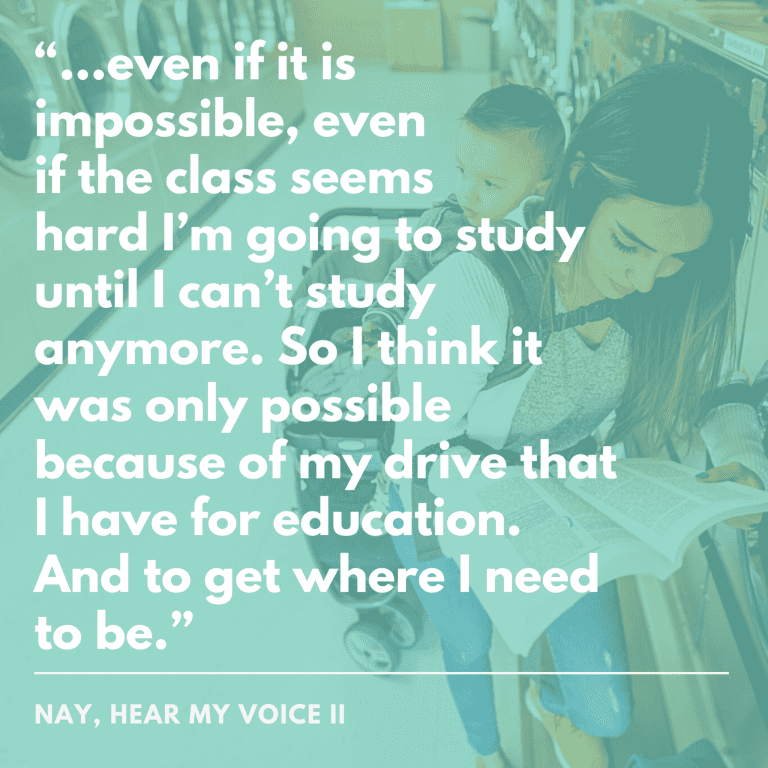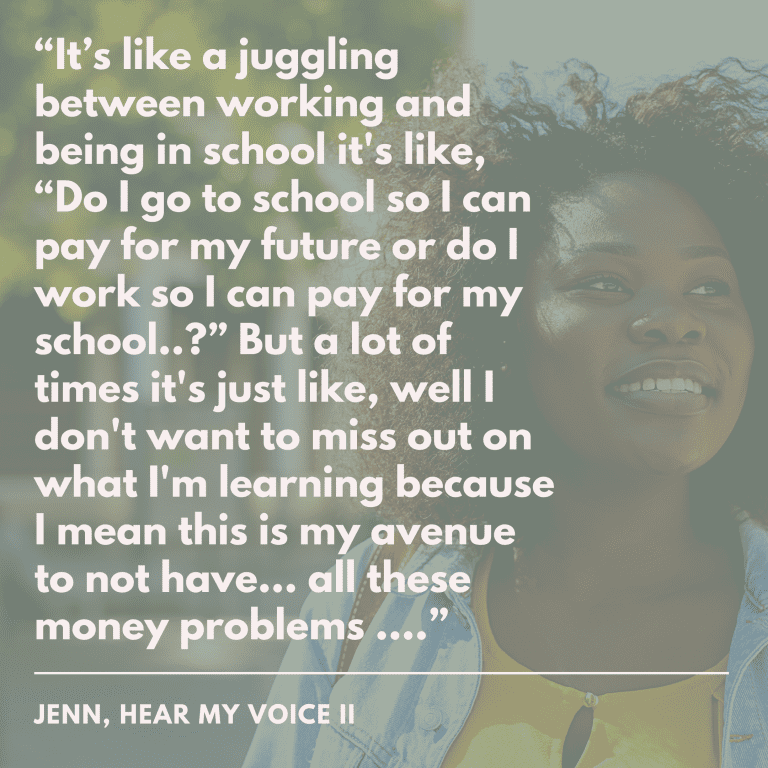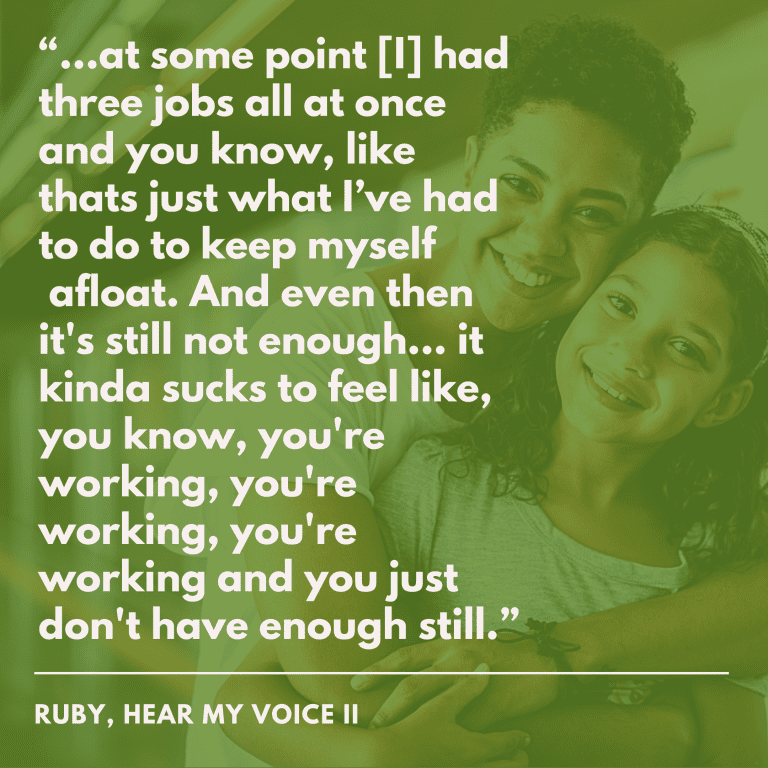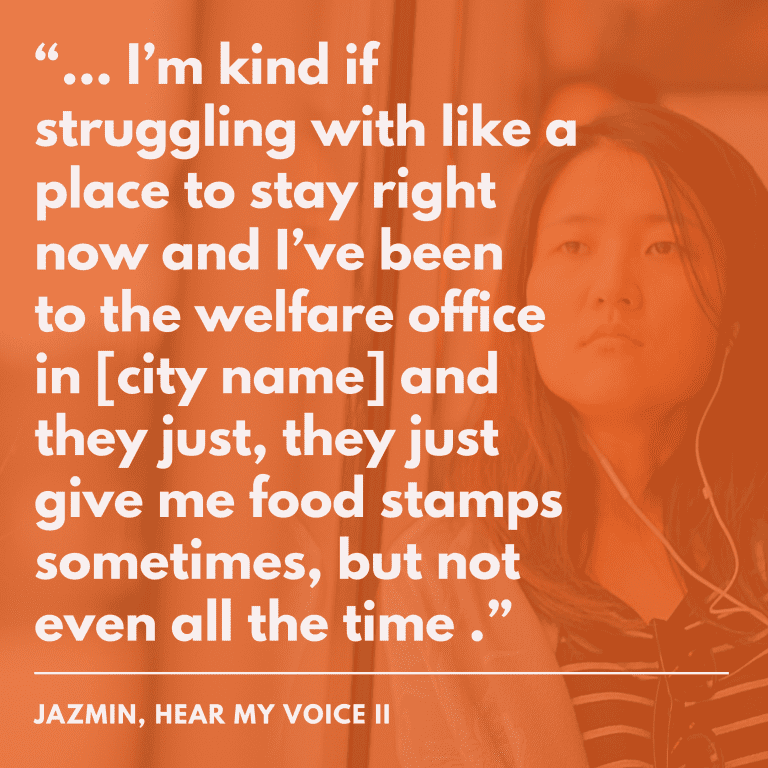California’s state colleges and universities are known to open doors to a brighter, more prosperous future for students, but the coronavirus crisis is forcing higher education students to make tougher and tougher decisions about their educational futures.
Students are the ones who know the most about the challenges they’re up against, and their voices will be essential to tackling these challenges. But they shouldn’t have to navigate it alone. It’s time states, Congress, and higher education leaders step forward to center student needs and protect college dreams.
The Education Trust–West and The Education Trust–New York partnered with Global Strategy Group to conduct a poll on the experiences of students attending two- and four-year institutions of higher learning in the midst of the coronavirus crisis. The results made it clear that higher education students nationwide are struggling, not just academically, but in nearly every aspect of their lives.
The burden on students is especially heavy for students who already faced additional barriers to higher education attainment. This includes students of color, first generation students, students from lower-income (<$50,000/year) backgrounds, students battling housing insecurity, and parenting students.
Hear My Voice II: Supporting Success for Parenting and Unhoused Women of Color
Women – who represent the majority of students enrolled in higher education – have shown remarkable examples of progress and persistence for decades. Even so, women of color pursuing higher education in California face unique challenges that have only been exacerbated by the current crisis.
The Education Trust–West’s latest report, Hear My Voice II: Supporting Success for Parenting and Unhoused Women of Color highlights that women of color in the California State University system were already facing many of the same inequities that now threaten the educational futures of many more. Second in a series highlighting the voices of students of color, the report offers a deep dive into women of color’s experiences across CSU campuses and offers recommendations to begin addressing inequities and make lasting investments in the future of higher education.
Even before the pandemic, students of color, first generation college students, and students from low-income families faced too many barriers to an affordable, quality college education. Even in states with relatively generous tuition aid programs, students still needed better support to graduate on time and meet basic needs such as food, housing, transportation, and childcare.
- 20% of California students are not confident they will even return to school in the fall.
- 43% of them say the quality of instruction they receive is getting worse due to colleges going virtual, and 49% say their interest and engagement in coursework is waning.
- 80% are worried that their grades will suffer, 75% are worried about staying on track to graduate, and 78% are worried they will not get the skills or work experience they need to get a job.
- 32% of two-year students in California—and 42% of Latinx students nationwide—say they are less likely to consider transferring to a four-year program than before the pandemic.
- One out of every ten students of color across the country says they lack the internet-enabled devices to participate in online classes, and 15% of Latinx students cite lack of reliable internet as a challenge.
The pandemic has also borne disturbing mental health trends that may continue into the fall.
- A shocking 36% of California students are worried about developing substance abuse or addiction during this time.
- 68% say they are concerned about experiencing anxiety, depression, or other mental health issues when they return to school in the fall.
Spread the Word:
New poll from @edtrustwest finds that the #covid19 crisis is taking a heavy academic, emotional, and financial toll on #highered students in #california. Learn more: https://west.edtrust.org/ed-equity-in-crisis-centering-higher-ed-student-experiences/
About the poll:
Global Strategy Group partnered with The Education Trust–West to conduct an online (desktop and mobile) survey among 1,010 students attending two- and four-year higher education institutions from May 14th to May 19th, 2020. Key findings from the research are outlined above.
The survey had a confidence interval of +/-3.1%. All interviews were conducted via web-based panel. Care has been taken to ensure the geographic and demographic divisions of public school parents are properly represented.
Poll Sponsers:


